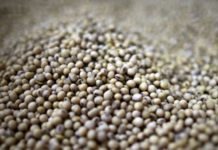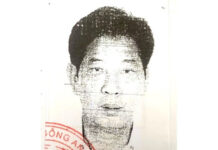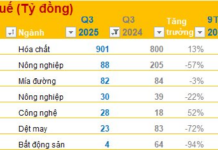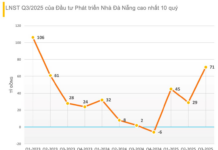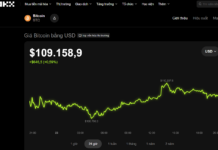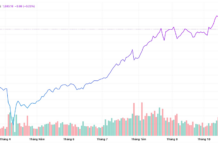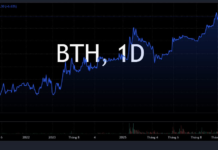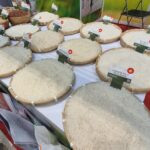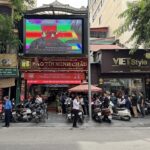Recently, major Livestock Associations in Vietnam, the Vietnam Feed Association, and the Vietnam Poultry Association have sent a petition to the Prime Minister and the Chairman of the National Assembly to address several shortcomings in the industry.
Mainly formal imports are by-products
Specifically, the current regulations on the import of livestock products in Vietnam are not tight. Meanwhile, in order to export meat and poultry products, Vietnam has to overcome many technical barriers imposed by importing countries, which puts Vietnamese livestock products at a disadvantage, causing them to suffer losses at home.
According to statistics in 2023, the import value of livestock products is 3.53 billion USD while Vietnam’s export value is only 515,000 USD. In addition, there is a large volume of livestock and small-scale imported livestock products.
In addition, according to reports from competent authorities, in 2023 and the first weeks of 2024, there were 6,000-8,000 illegally imported pork every day into Vietnam (100-120kg each), not to mention a large quantity of discarded buffalo, cattle, chickens, and breeding chickens…
The massive import of livestock products is a serious issue that causes many risks and consequences. One of them is the spread of diseases, especially dangerous ones.
It creates unfair competition pressure for domestic livestock products. Currently, most formal imported livestock products are heads, necks, wings, gizzards, gizzards, breeding chickens, and discarded dairy cows… which are by-products rarely used as food in importing countries.
Not to mention that these are expired food products with very cheap prices, only half the price of the same type in the domestic market when imported.
Furthermore, the massive import of livestock products undermines the investment motivation of domestic businesses and livestock farmers. In the long term, it directly affects national food and food security issues.
According to the associations, with the current import rate, in just three to five years when import duties on livestock products are reduced to 0%, Vietnam will become a super-importer of livestock products.
This could be a very rapid exception compared to many countries in the process of industrialization and modernization. The state needs policies and time for livestock farmers and businesses to be able to adapt.
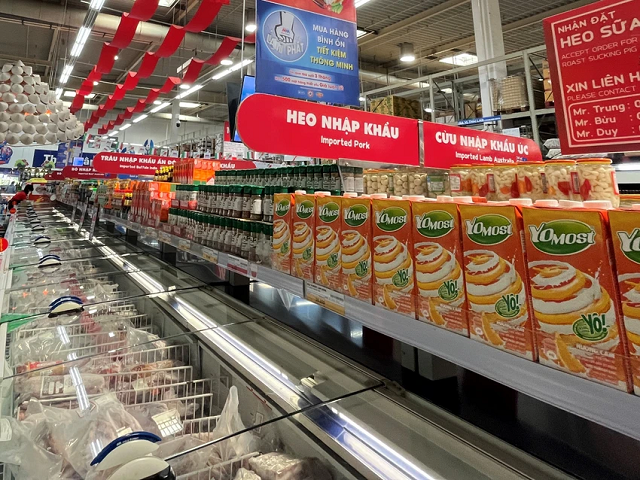 Pork, buffalo, and sheep are officially imported and sold at supermarkets. PHOTO: TÚ UYÊN
|
Restrictions on live animal imports at border gates
According to the associations, domestic livestock production and trade face many challenges, such as continuous increases in feed prices, veterinary drugs, and input materials, while output prices of livestock products always remain low.
The trade deficit of livestock products causes many small and medium-sized households and businesses to suffer prolonged losses and face the risk of bankruptcy in the near future.
Therefore, the associations propose that the Prime Minister direct the National Steering Committee for Combating Smuggling, Commercial Fraud, and Counterfeit Goods, the Ministry of Agriculture and Rural Development, the Ministry of Industry and Trade, the Ministry of Science and Technology, the Ministry of Public Security… to strengthen inspections and control over the import of livestock products.
For formal imports, Vietnam urgently needs to build technical barriers and trade policies. Specifically, it needs to enhance quarantine measures, quality inspections, and limit the number of allowed live animal import gates into Vietnam.
Other countries have proven the efficiency of such measures, such as the United States, China, Thailand… For example, they have stringent requirements for cold treatment using complex and expensive technologies. Each country, on average, only allows 3-5 land, sea, and air border gates to import live animals.
Meanwhile, Vietnam has more than 30 types of import gates allowed for live animals.
For small-scale imports, all forms of import and use of imported livestock and livestock products are prohibited.
TÚ UYÊN

